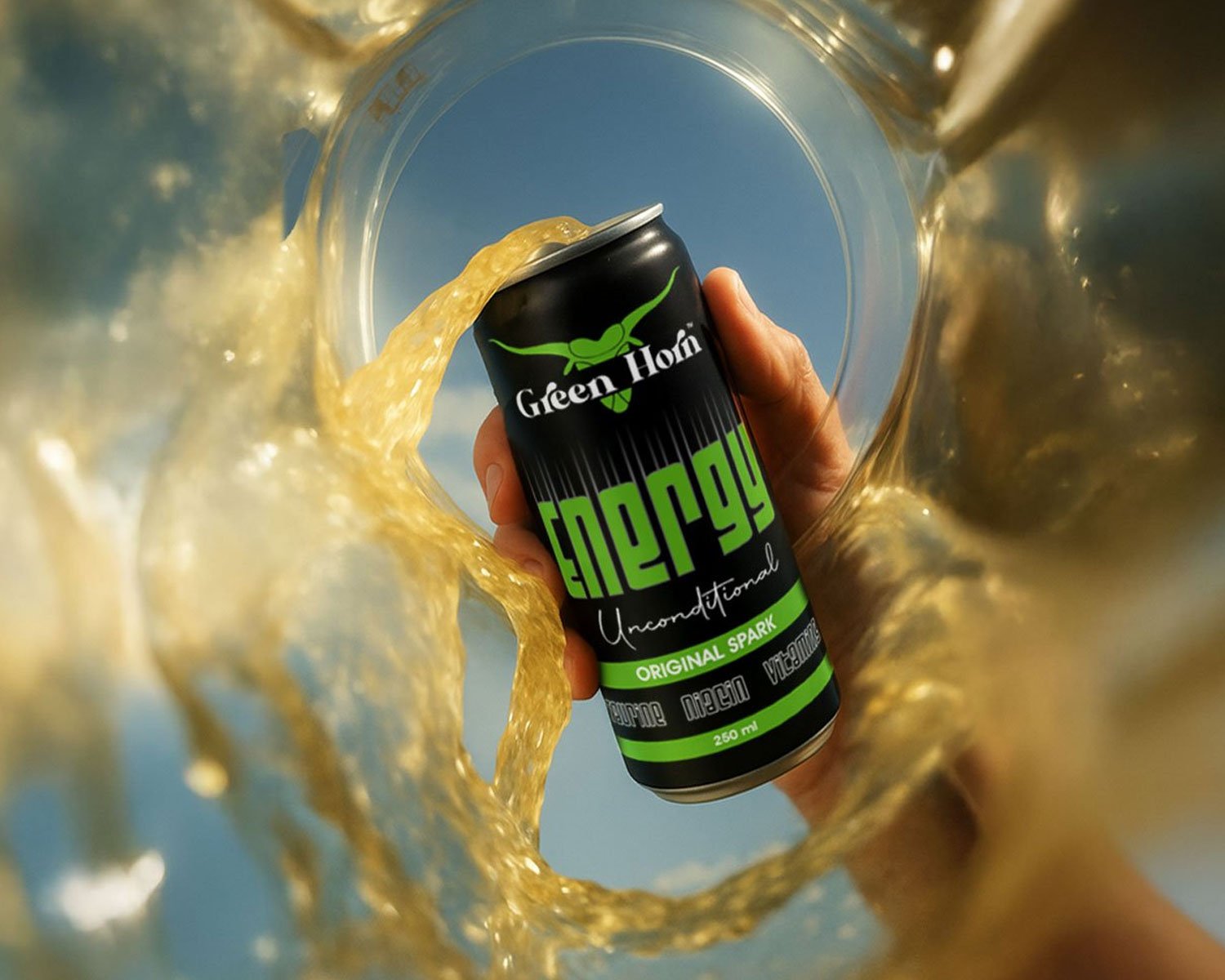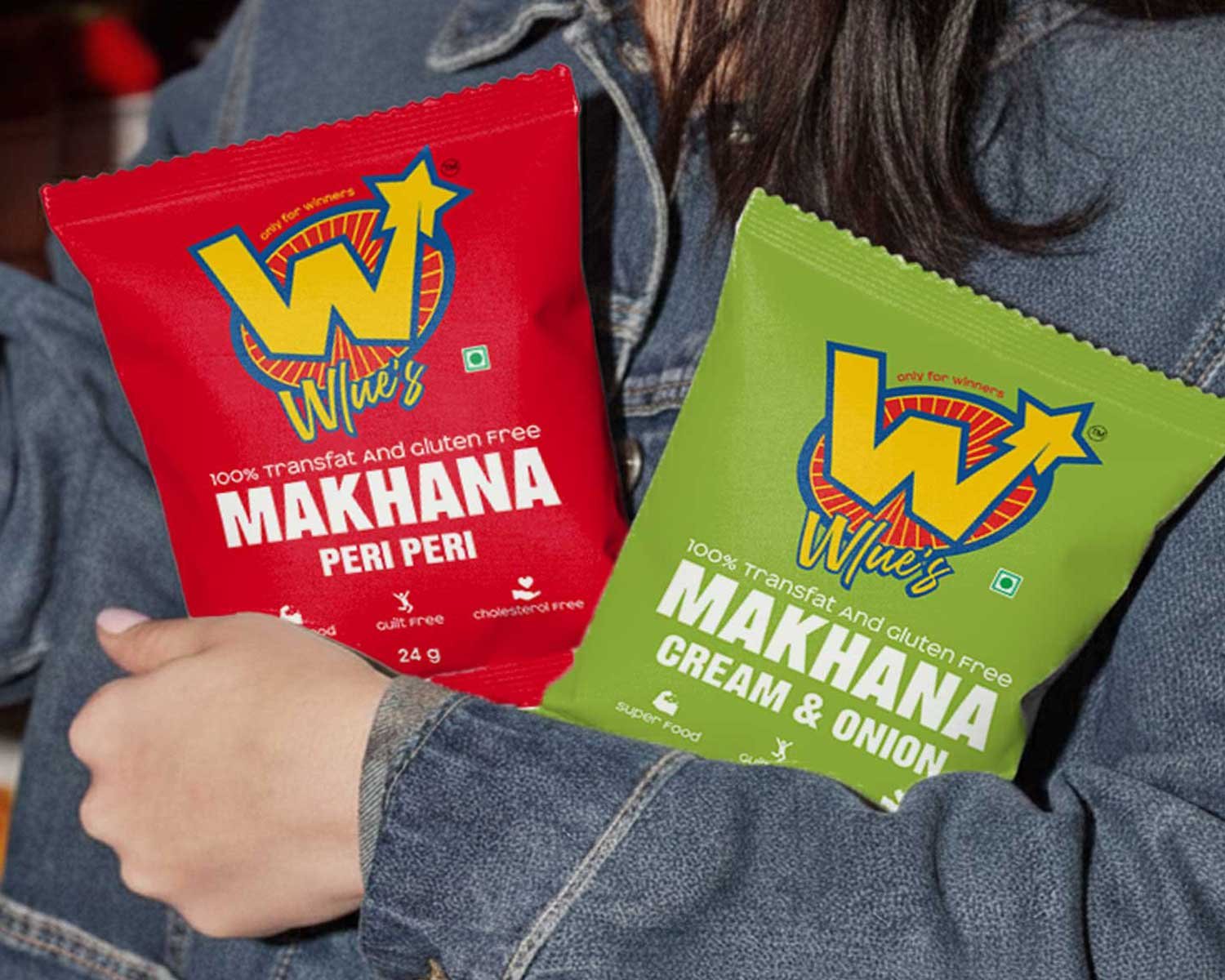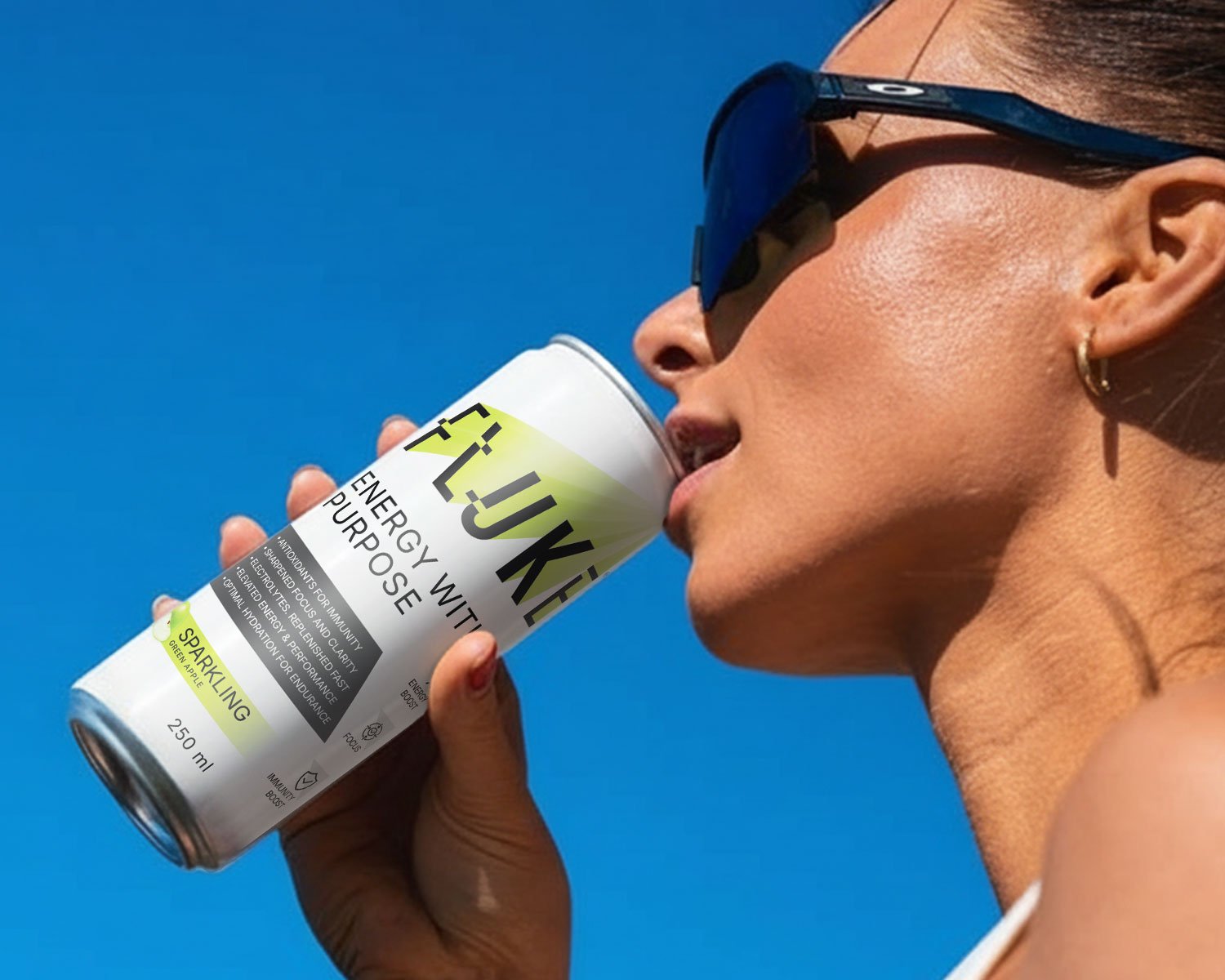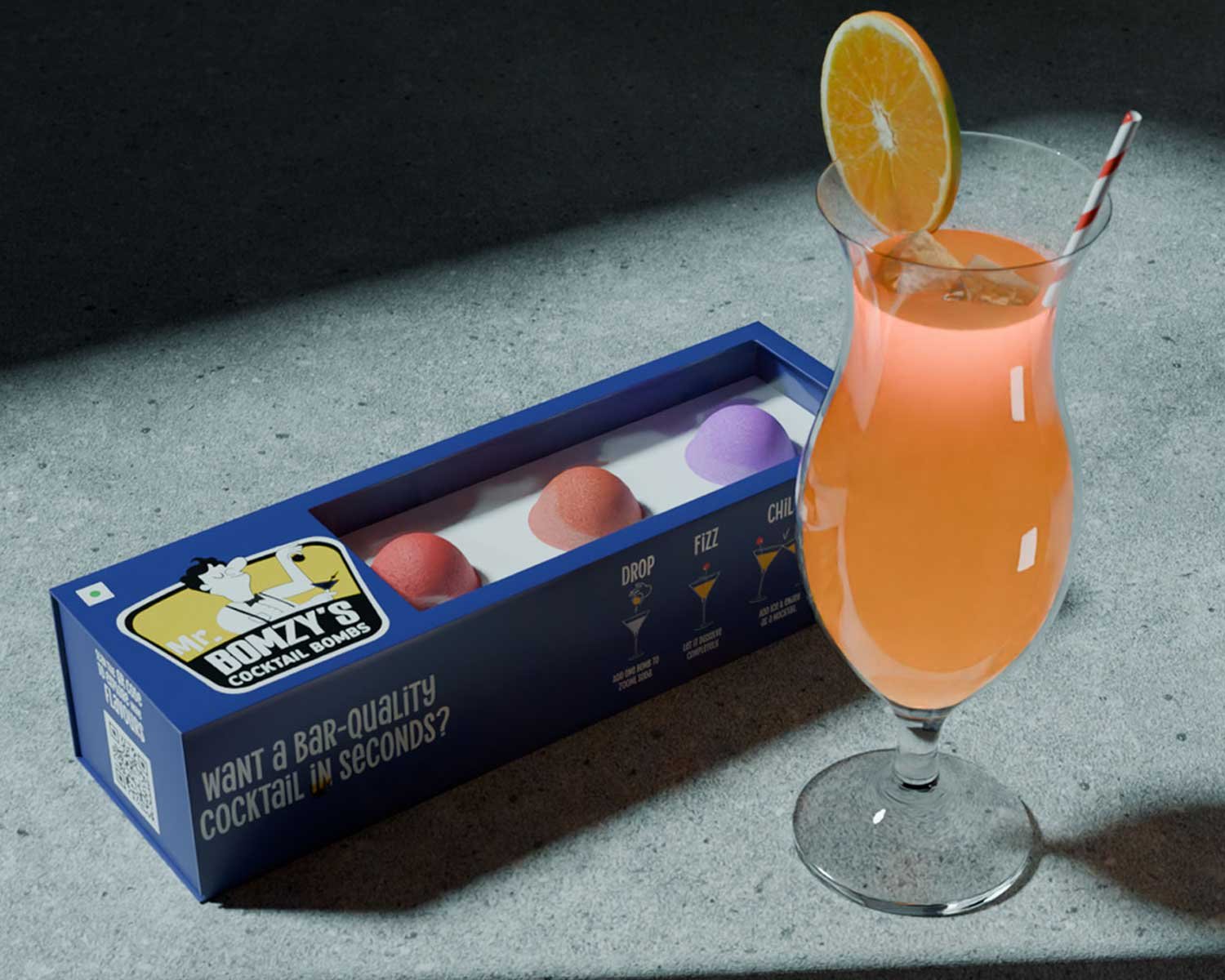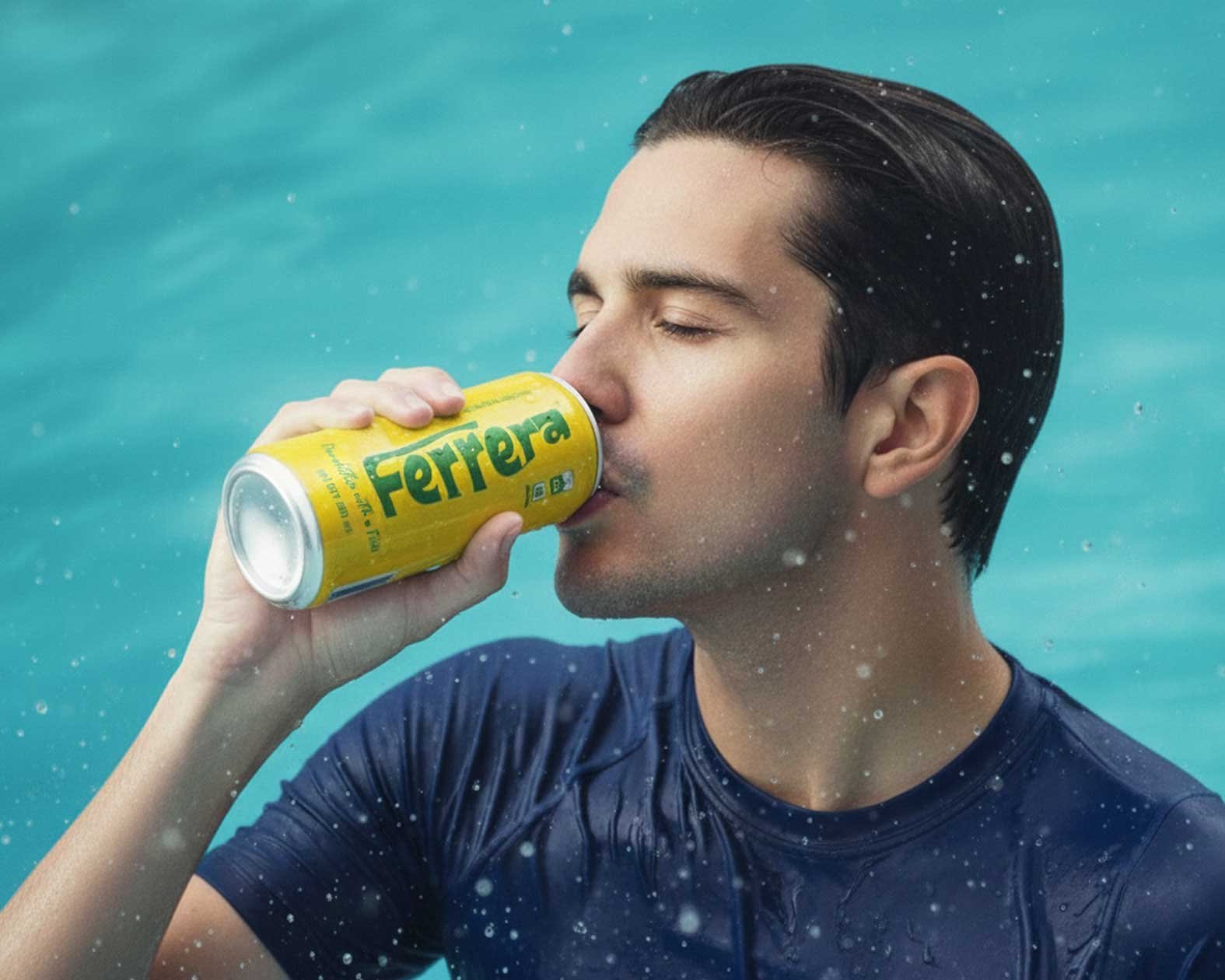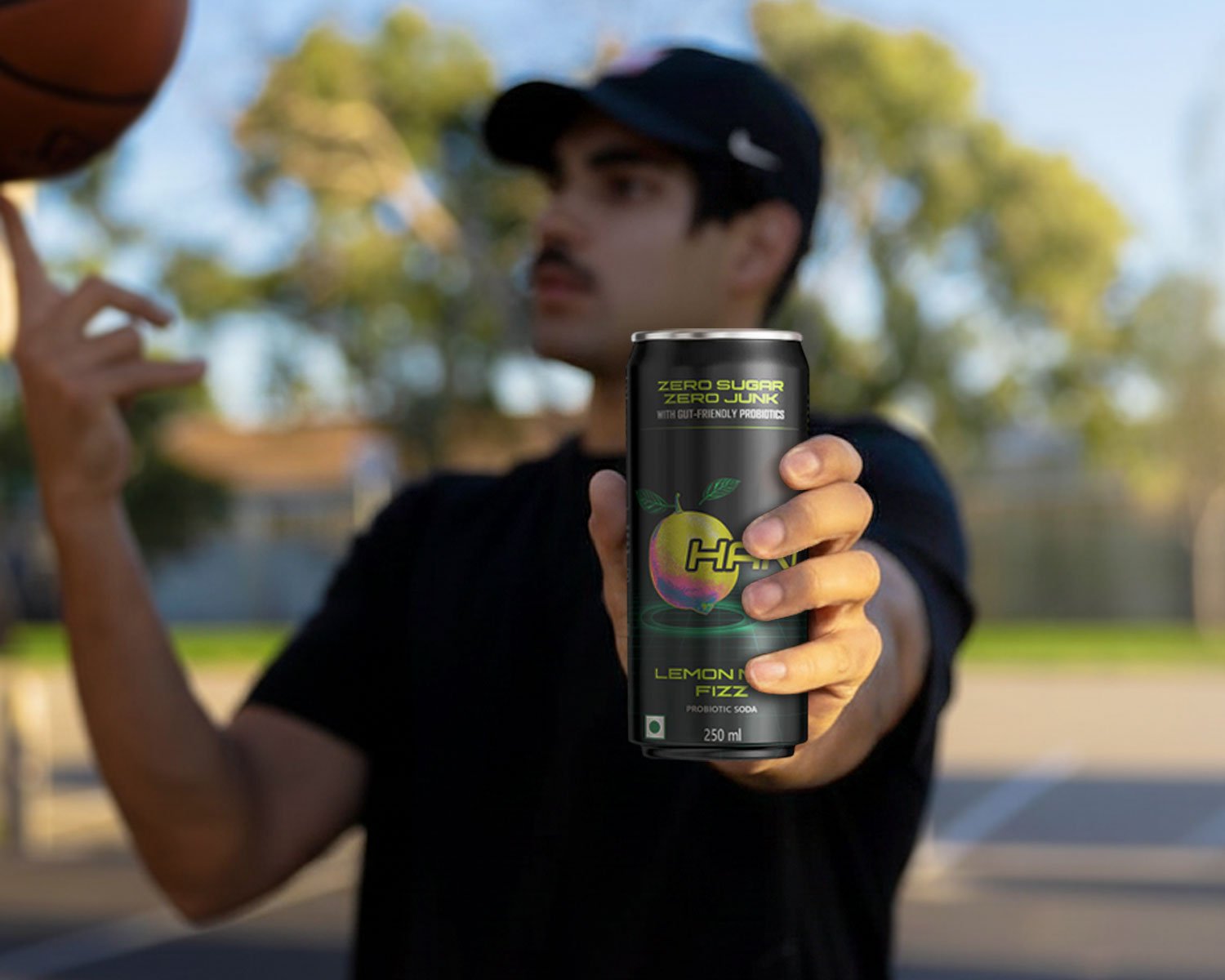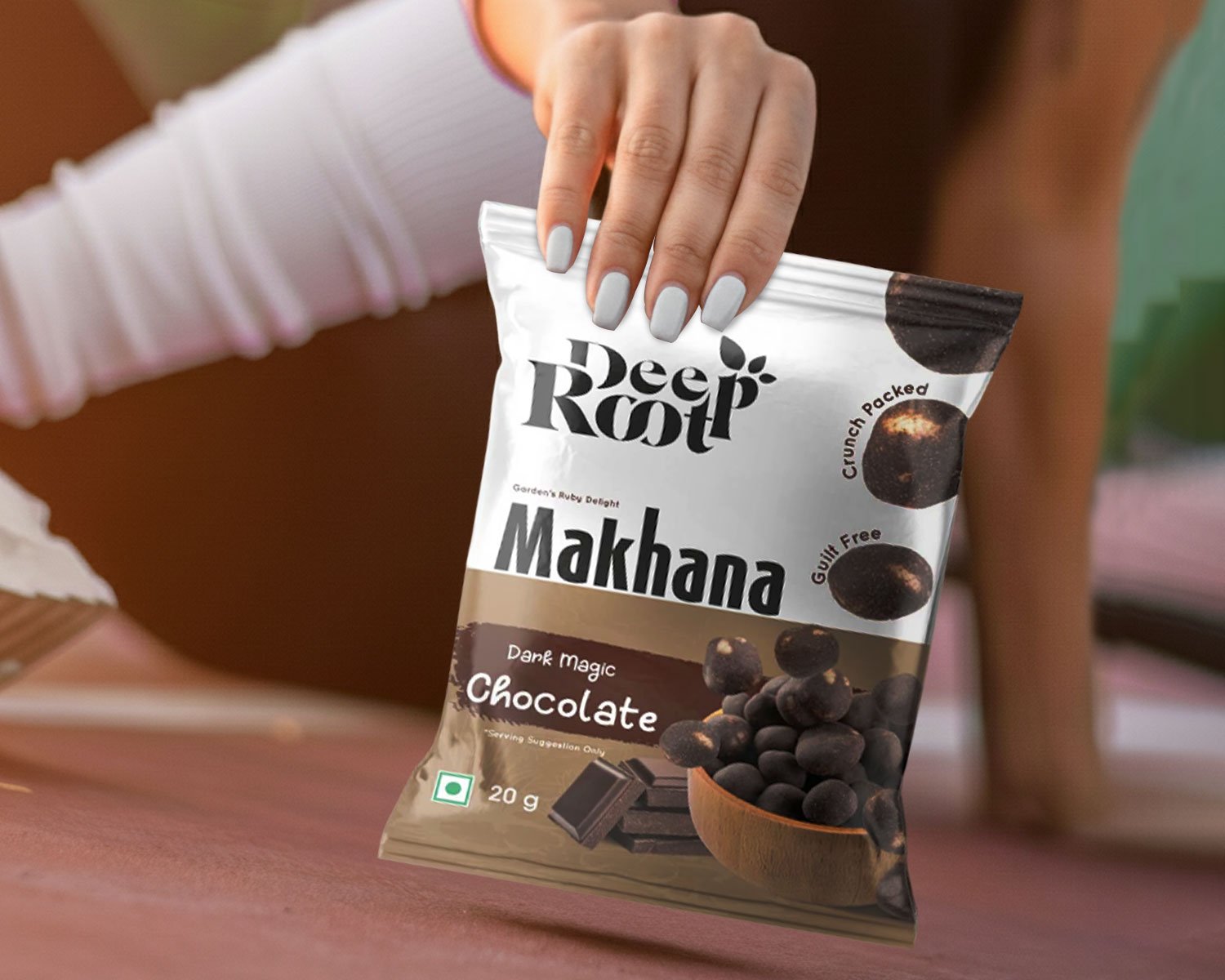Artificial Intelligence (AI), nowadays, is ruling several industries, and the food industry is the most common. From smart and advanced machines in factories to apps that recommend meals, AI is changing the way food businesses work. One area where people are very curious is food recipe formulation using AI. Can AI really help create new food recipes? Or can AI replace food scientists? Or is it all just hype?
In this blog, we’ll explore what AI is really doing in food recipe development and where experienced food consultants still play a big role. We’ll also look at how AI in food science helps, and where human thinking is still better.
How AI Helps In Food Recipe Formulation?
The best thing that people find in food recipe formulation using AI is that it can handle large amounts of data. It can look through thousands of food recipes, nutrition charts, and combinations of ingredients in minutes. This helps it find what ingredients go well together or what can be used in diets like gluten-free or keto.
AI for new food product innovation can check databases of ingredients and help select options that match the needs of your consumers, a protein bar, a vegan burger, or a sugar-free drink. Food formulation consultants use these suggestions to speed up the process of making a food recipe. It gives them a good starting point to work from, instead of starting from scratch.
Customization And Functional Food Formulation Using AI
AI in R&D for food brands is being used to create functional foods, the foods that help with digestion, energy, or immunity. For example, AI can suggest ingredients like probiotics for gut health or adaptogens for stress relief.
It can even make customized recipes based on health data. If someone has a food allergy or follows a special diet, AI can help make a food recipe. It may also look at their DNA, gut health, and daily habits to choose the best ingredients.
Still, even when food recipe formulation using AI comes up with a great idea, food consultants are needed to check whether the ingredients really work in the body, and whether the product is safe and allowed by law.
Prediction Of AI In Nutrition And Ingredient Function
Artificial Intelligence is also very good at predicting how a food recipe formulation will be nutritional. Let’s say you want to reduce sugar in a cookie.AI in food innovation can suggest sweeteners like stevia or monk fruit, and predict how they will change the calories, sweetness, and even texture.
AI tools are trained on real scientific data. This means they can tell you what ingredients will help bind a dough, keep a dressing smooth, or add fiber to a snack. This helps reduce the number of trial batches needed in the food formulation lab.
But it is still important to taste and test the final recipe. AI might tell you that a combination works on paper, but only a real person can say whether it actually tastes good or not for your consumers.
What AI Cannot Do: Sensory Testing Of The Food Product Formulation
AI is smart, no doubt, but it can’t taste or smell food. It doesn’t know if a food is creamy, crunchy, or has a weird aftertaste. These things are very important when doing food recipe formulation that people will love.
For example, AI might say to use pea protein in a drink. But it won’t know that it can taste earthy or feel gritty in the mouth. Only human food recipe formulation experts can catch those details.
Food recipe development consultants use their experience to judge how a recipe will be enjoyed. They think about flavor, texture, and how the food makes people feel when they eat it, something that AI cannot do.
Limitations Of AI In Real-World Food Production
Sometimes, AI can come up with a food recipe that looks perfect on a computer, but it doesn’t work in the real world. Maybe it separates during mixing or clogs a machine during production.
That is because AI does not always understand things like:
- What kind of equipment is being used
- How does the food react to heat or cold
- How ingredients behave over time
For example, AI might suggest a glaze that works well in theory but becomes sticky during shipping. Food recipe formulation consultants think about these real-life problems and adjust the recipe to avoid them.
Clean Label And Food Laws: AI Cannot Keep Up Alone
AI also has trouble with food rules and “clean label” requirements. For example, AI might suggest using a chemical preservative that’s not allowed in natural or organic products.
Each country has its own food safety rules. In India, it’s FSSAI. In the U.S., it’s the FDA. AI doesn’t always stay updated with these changing laws, so a human food formulation expert must review everything to make sure the product is legal and safe.
Food product development consultants also make sure labels are accurate and don’t mislead customers. They check if claims like “high in protein” or “no added sugar” are actually allowed on packaging.
The Human-AI Partnership: Consultant-Guided AI In Food Formulation
The future is not AI replacing food formulation consultants. It is AI supporting them. Together, they form a powerful team to give the consumers the best thing.
Artificial Intelligence (AI) provides :
- Speed in ingredient exploration
- Data-driven nutritional modelling
- Trend analysis across markets
Food recipe formulation consultant provides:
- Sensory and emotional intelligence
- Commercial feasibility analysis
- Regulatory and labeling strategy
- Scientific validation and iteration
This helps to allow faster food product development cycles without compromising quality or regulatory compliance.
What Is Real And What Is Hype?
Here’s a simple comparison between what is real and what is hype in food recipe formulation using AI:
What AI Does Well:
- Suggests ingredient combinations
- Predicts nutrition values
- Speeds up early-stage AI-powered food formulation recipe work
- Helps with special diets like gluten-free or keto
What AI Can’t Do Alone:
- Taste or smell food
- Fix texture problems
- Handle real food production challenges
- Make sure the food recipe formulation follows food laws
- Replace the creativity and intuition of a human
So yes, AI in food product development is real. But it needs human guidance to work properly.
The Bottom Line
Food recipe formulation using AI is helpful, but it is not magic. It gives food businesses a faster way to explore new ideas. But creating a food recipe that works in real life and tastes great still needs the knowledge and judgment of food recipe formulation experts.
If you want to use AI to speed up food product development, great. But make sure you also work with experienced food recipe formulation consultants who know how to turn ideas into shelf-stable, tasty, and legal food products.
Let Foodsure guide you. We combine smart AI tools with expert food consultants to give you the best of both worlds: speed and safety, creativity and compliance.
Work smarter with us and build recipes that work from lab to market. Call us on +91 8130404757.
FAQs
How does AI enhance recipe formulation in the food industry?
AI accelerates recipe formulation by suggesting smart ingredient combinations, predicting nutritional values, and enabling early-stage innovation for special diets like gluten-free or keto. By leveraging AI-powered insights, food developers can unlock creative formulation solutions while speeding up development cycles.
What are the limitations of AI in food recipe development?
AI cannot experience taste, smell, or texture and is limited in addressing real production challenges or ensuring regulatory compliance. Human expertise remains essential to validate AI-generated formulations, refine sensory attributes, and guarantee compliance with food laws.
Why combine AI tools with human consultants in recipe development?
Combining AI’s speed and predictive capabilities with expert food consultants ensures recipes are innovative, compliant, and market-ready. This hybrid approach blends creativity, safety, and scalability—turning AI-assisted ideas into shelf-stable, consumer-approved products.








